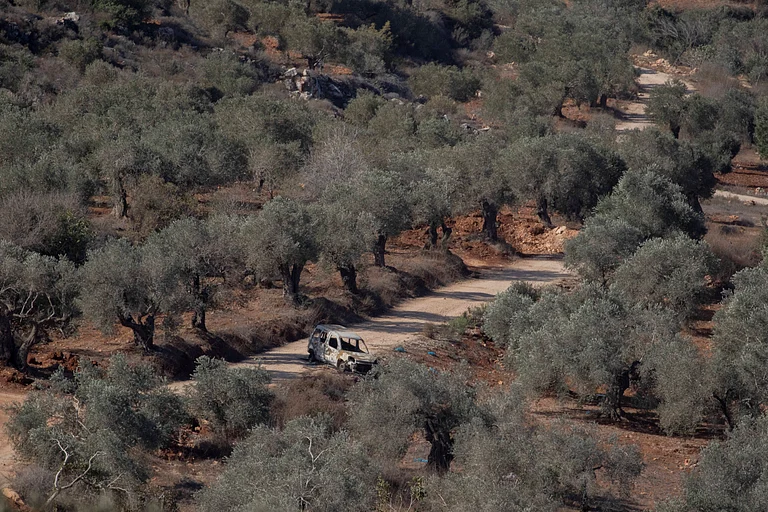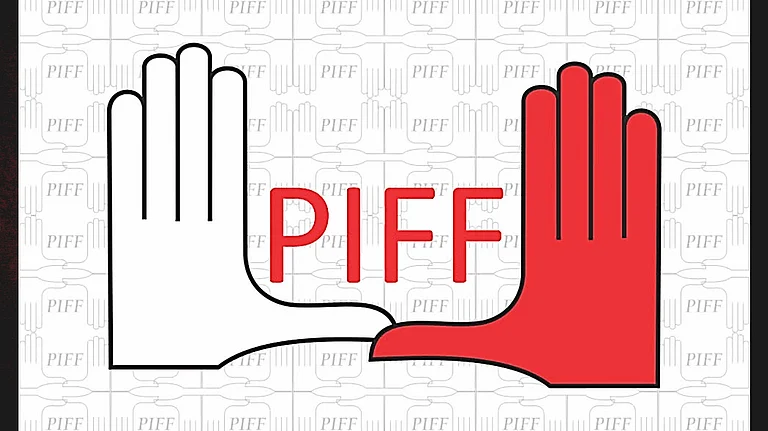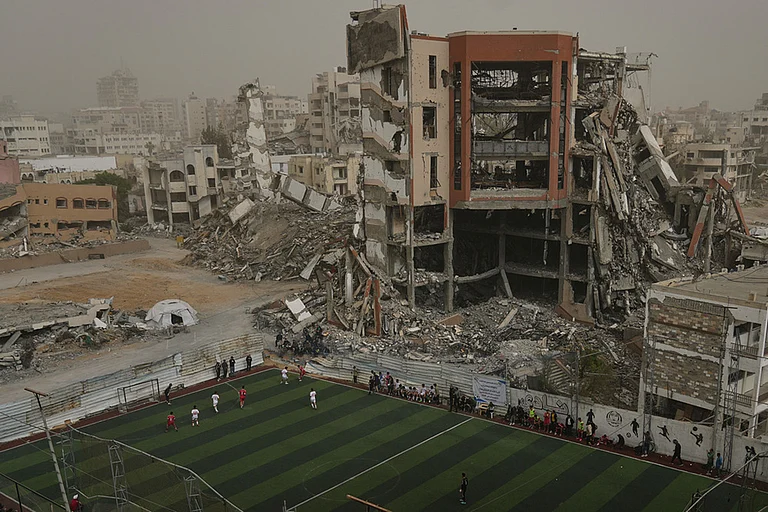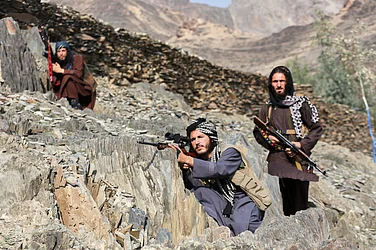November 28, 2023: On the 23rd day of the 2023 Palestinian holocaust, while my family and I were having lunch, our bread got spoiled with dust, glass and death.
Four rockets were fired at a target that surely threatened the safety of Israel—a wedding hall where hundreds of forcibly expelled families were seeking safety. It was only 40 meters away from us, and was yet another brutal massacre — a massacre justified by Israel’s “right to defend itself” and propelled by its goal to rid Gaza of “Arabs,” creating a second Nakba.
Wide-eyed horror filled the faces of my three nieces. Salma, the eldest, is four years old. It wasn’t the first time I had watched the life drain from her face. Two weeks earlier, our whole family had been forced to evacuate twice in five hours when the whole of our neighborhood was targeted for bombing. We finally ran barefoot to an UNWRA school where we found thousands of people covered with dust, sweat and blood. Salma stayed in a classroom corner, gazing at the scenes around her, not reacting to anyone.
We were able to return after a few days. Salma, always full of questions, asked us why all the people were in the school. We told her they no longer have homes.
“Why?”
“Because Zionists bombed them.”
“Will they bomb our home?”
Now whenever there is bombing nearby, she shivers and hugs whoever is closest asking, “Is it Zionists?” Any kind of loud sound makes her cry, even a car. She won’t move to any corner of the house alone. She begs one of us to go with her.
On this day, Salma came to sit on my lap with one question. “Why do they bomb us?”
So I told her the story of how it all began.
I told her that a long time ago we Palestinians lived peacefully in our beautiful country Palestine, but in other countries bad things were happening to some people. So a decision was made to move these people into our land. These strangers did not care about our Palestinian families, our neighbours or our traditions. After they arrived, they took and took and took and continue to take. “They want everything, even our falafel.” I added falafel to stress to what absurd extent the occupation had taken its theft.
“But Teta (grandma) makes our falafels every breakfast! They’re ours!” Salma said, with anger in her eyes, the same flare of anger that had burst into so many eyes 75 years before.
“That’s why we fight them, sweetie. We have heroes who fight them for us. We call them ‘the resistance.’”
“Re-sist-ance,” she repeated.
“Yes, that’s how we fight for our land back, all of our land,” I responded.
She hugged me, retold the story to her little sisters and went to sleep. But it was the usual tortured sleep. Salma and all of her sisters often wake up late at night crying violently. When we can see the smoke of the bombing, she stares at it until it fades away and then asks, “People died?”
After she heard that my uncle had been murdered in a bombing, she asked,” So he won’t come to Eid?”
Salma and her sisters suffer from a violence they don’t understand. When she came to me and I told her the story it was to explain that we have the right, and now she prays for “the resistance.”
On the 44th day of the Palestinian holocaust, Salma’s father asked her, “Should we leave our country to Zionists? Should we go to a safe country that’s not ours?”
“I want to stay in Palestine, Baba.”
“What about the bombing?”
“We can stay. We have the resistance.”
“The old will die and the young will forget,” is what the invaders have believed for 75 years. Yet with every murderous crime, new fuel is poured on the fire of resistance, which every traumatised child like Salma carries in their young heart. Resistance may be all she has in the end. When the suffering is endless, it binds one generation’s suffering to the next. This is why many Palestinians may die, but our children will never forget.
(Raghad Abu Shammalah was born in Saudi Arabia before moving to Gaza. She studied software engineering at the University of Palestine, and is a member of Freedom Writers Foundation. This story written by her was published on the website ‘We Are Not Numbers’.)
(Compiled by Swati Subhedar)



























